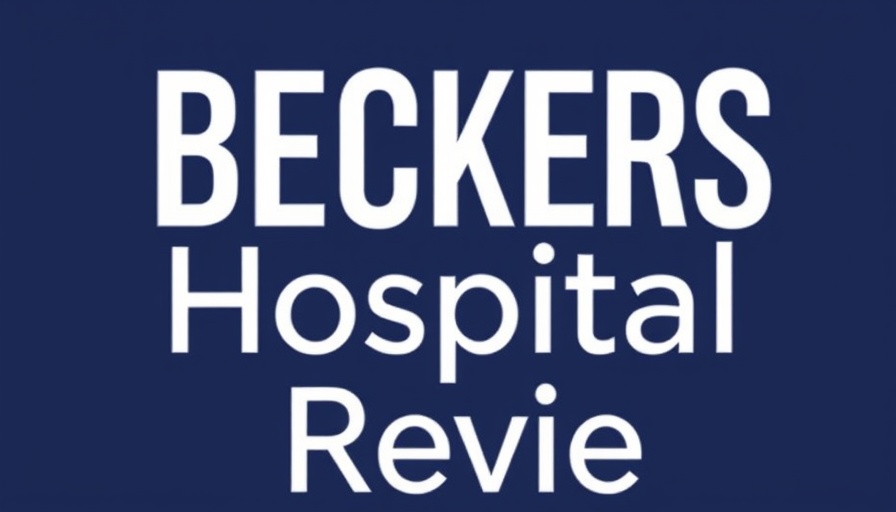
Senate Budget Bill Faces Setback Over Medicaid Changes
The Republican party's efforts to fast-track the budget bill have encountered a major setback. The Senate parliamentarian, Elizabeth MacDonough, has ruled that proposed changes regarding state taxes on Medicaid providers do not comply with Senate rules, specifically the requirements needed for budget reconciliation. This ruling implies that Senate Republicans will need to either rewrite or eliminate certain parts of the bill to move forward.
Understanding Budget Reconciliation
Budget reconciliation is a parliamentary procedure that allows for expedited passage of legislation that affects the federal budget. It permits bills to pass with a simple majority rather than the usual 60 votes needed to overcome a filibuster. However, only provisions that directly impact federal finances are permitted.
Senate Republicans, confident that minor adjustments in phrasing might alleviate the concerns, are seeking quick amendments aimed at salvaging the bill's goals. Notably, included in the proposed changes is a provision that would reduce federal funding for states that utilize state funds to provide Medicaid to undocumented immigrants.
Impact on Rural Communities
The repercussions of the budget bill on Medicaid funding are especially concerning for rural healthcare systems, which have been struggling with financial stability. The Federation of American Hospitals has voiced strong opposition, emphasizing that rural hospitals will be most affected. As Chip Kahn, president and CEO of the federation, pointed out, "Rural communities across the country will be the hardest hit, with struggling hospitals compelled to face difficult decisions about what services to cut.” This sentiment highlights the urgent need for adequate funding to ensure healthcare access in underserved areas.
Concerns from Senate Republicans
Beyond partisan lines, some Senate Republicans have echoed concerns over the adequacy of support for rural hospitals. To address these concerns, the Senate Finance Committee proposed a rural hospital stabilization fund that would allocate $15 billion over five years, a targeted move that aims to provide relief. Nonetheless, Senator Susan Collins of Maine argued that closer to $100 billion is necessary to effectively stabilize these vulnerable healthcare systems.
A Tight Timeline
With the July 4 deadline fast approaching, the urgency for a resolution escalates. White House Press Secretary Karoline Leavitt affirmed the party's commitment to meet this timeline, underscoring the administration's goal to present the completed bill to President Donald Trump. This pace adds pressure on legislators to balance the intricacies of Medicaid funding while ensuring broader financial responsibilities are met.
What Does This Mean for Healthcare Professionals?
Independent physicians, nurse practitioners, and other healthcare providers must stay informed on these developments, especially since changes to Medicaid funding directly influence patient care, clinic operations, and financial stability. Understanding the evolving landscape of healthcare legislation can empower these professionals to optimize practice revenue and engage in broader discussions about healthcare reform.
Actionable Insights for Practitioners
Healthcare practitioners can take proactive steps to prepare for these changes. Utilizing efficiency solutions in medical offices, such as practice automation tools, can help mitigate financial impacts. Providers should consider adopting new technologies, such as voice AI agents and healthcare automation systems, to improve patient engagement and streamline operational management. In challenging times, strategic adjustments can bolster both patient care and practice profitability.
 Add Row
Add Row  Add
Add 




Write A Comment